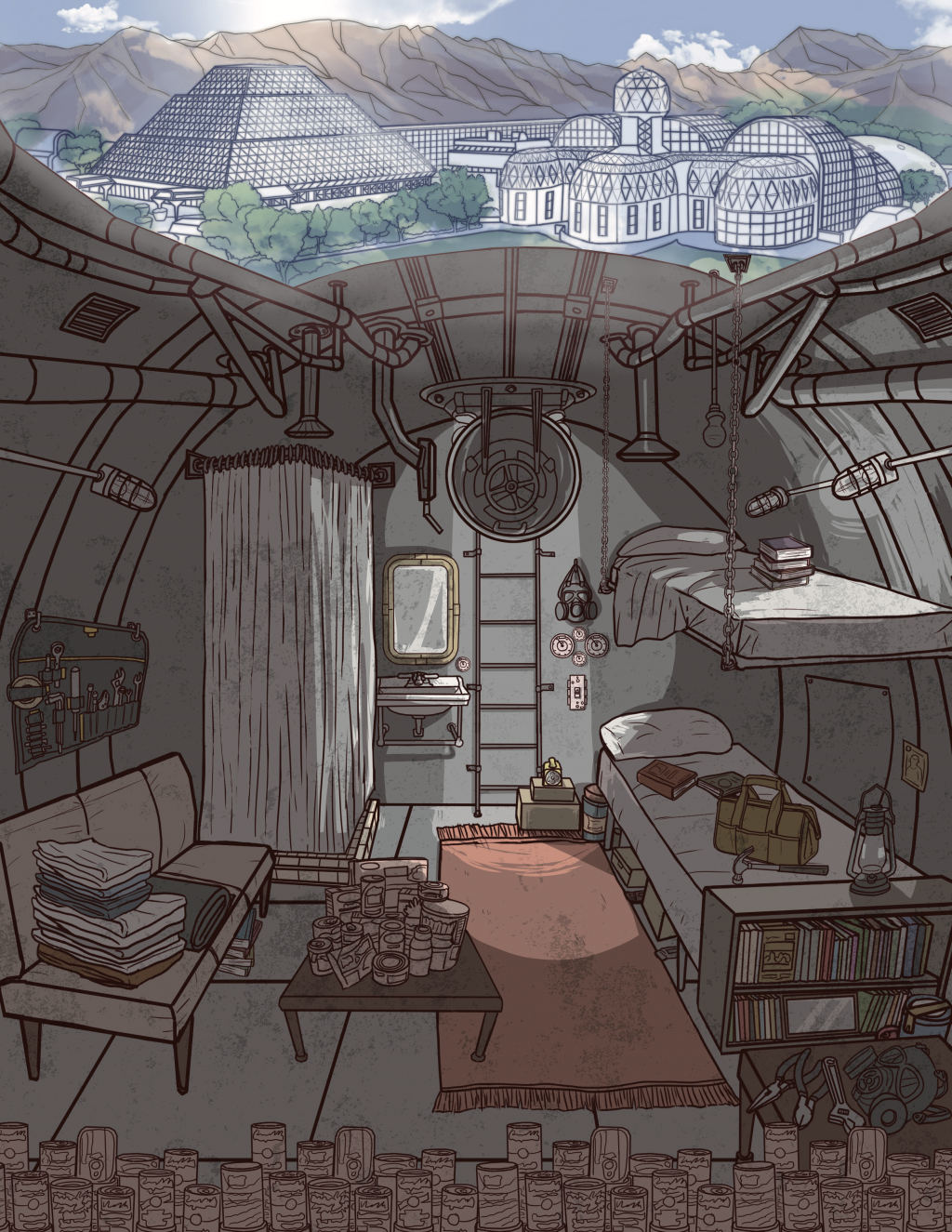
PhD Defence: River Ramuglia, “Containment and Nuclear Memory in Contemporary Climate Change Fiction”
River Ramuglia will be defending his PhD thesis entitled “Containment and Nuclear Memory in Contemporary Climate Change Fiction” on Wednesday, October 28th, 2020 at 4 p.m. CET (Brussels time).
Due to the current social distancing measures in response to the Covid-19 pandemic, the PhD defence will take place via Zoom. It will be livestreamed (and recorded) on https://www.facebook.com/EnglishLiteratureUGent/live/, but you can also join the Zoom meeting itself. To do so, please register via https://ugent-be.zoom.us/meeting/register/tJEuc-qvrTgsHNObeK4kMIn-OcrlJM8HMpXJ. Note that you will need to sign up for a (free) Zoom account, if you don’t have one already, to be able to enter the meeting.
Please stick around on Zoom after the defence, which is expected to last until 6 p.m. CET, if you would like to interact with River.
Abstract:
Confronted with the global existential threat of climate change, human subjects in the Anthropocene must grapple with a parallel teleological crisis: how do we direct ourselves as individuals and collectives in the face of an ongoing global catastrophe? To answer this question, this thesis seeks to understand the material, cultural, and psychological mechanisms that authenticate meaningful action toward large-scale, systemic changes that might forestall the worst effects of climate change. This thesis names these mechanisms containment, exploring how contemporary climate change fiction, or “cli-fi,” uses the metaphorically flexible figure of the fallout shelter to help negotiate a relationship to the scale, complexity, and horror of climate change. The fallout shelter is inflected with the legacies of Cold-War containment culture, which developed in response to the similar existential threat of nuclear annihilation. Originally, containment culture was associated with resistance to the perceived threat of communism, but its ideological principle of defensive exclusion replicated throughout society, creating racially exclusive suburban localities that came to stand in for the space and place of the American nation. Contemporary cli-fi featuring the fallout shelter necessarily grapples with containment culture in its efforts to capture and manage global-scale problems, often in hyperlocal contexts. Such fictions position readers and spectators as contained subjects, converting pleasurable literary and cinematic escapism into a psychological survival tactic against the backdrop of the Anthropocene. This thesis also aims to broaden ecocriticism’s understanding of what cli-fi can be, selecting texts from a variety of narrative media that center the fallout shelter space as their primary dramatic fulcrum. While many of the texts examined in this thesis appear to have little to do with climate change, understanding them through the lens of containment demonstrates how climate change can be rendered in modalities beyond the apocalyptic imaginary. This thesis concludes by examining recent real-world deployments and imaginings of the fallout shelter, suggesting that containment culture persists in a more globally-conscious (but potentially more dangerous) fashion.
